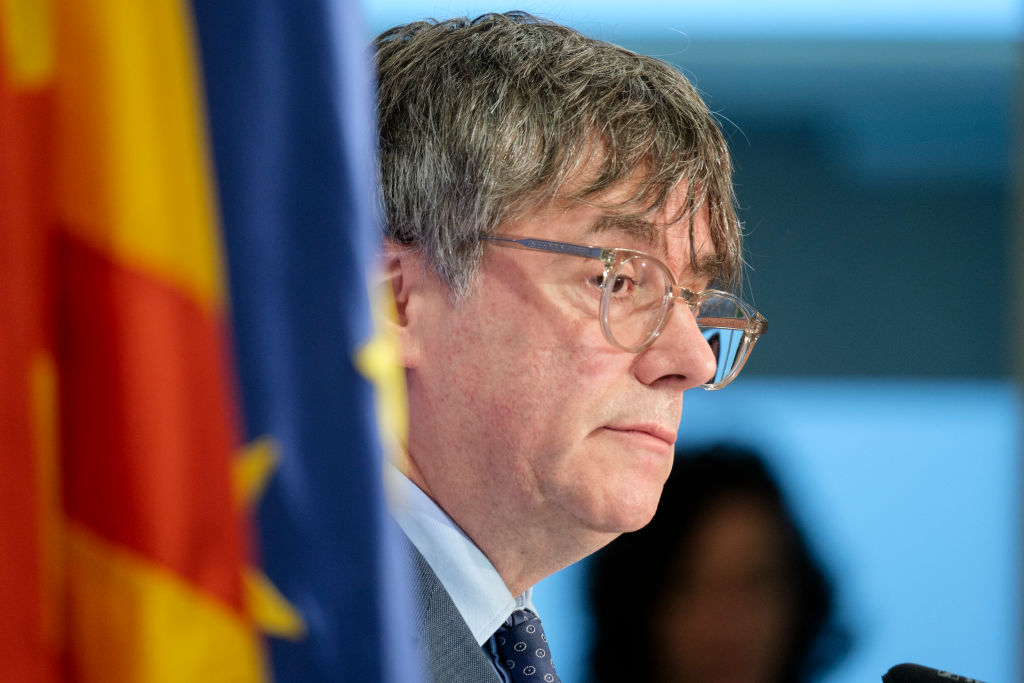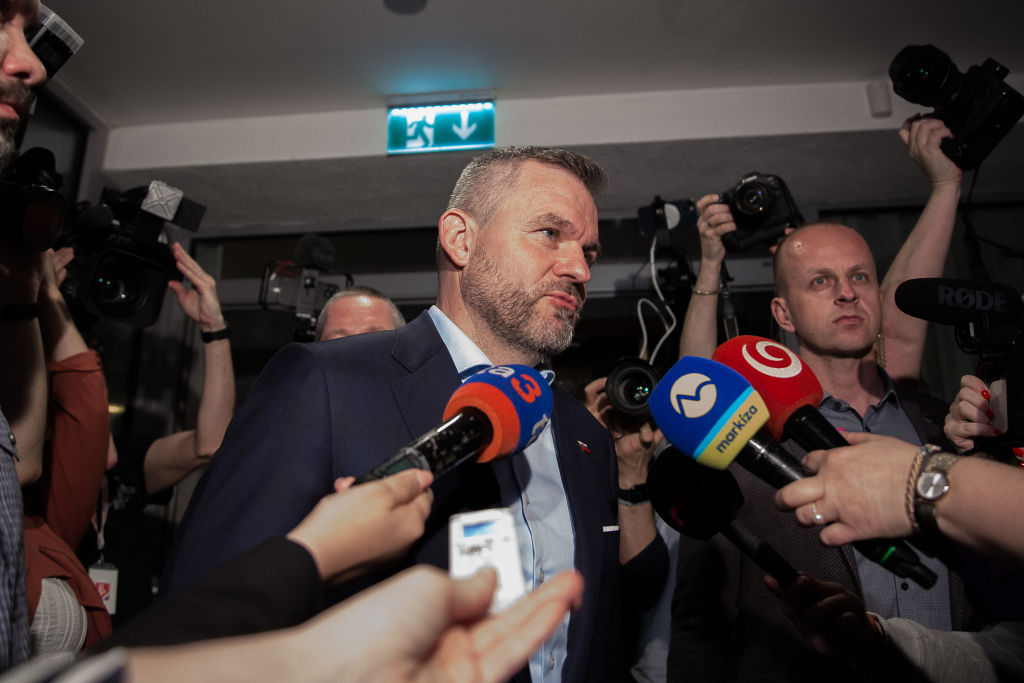In politics, they say the enemy of my enemy is my friend. Nowhere is that truer than in France, where who voters hate the most will probably decide the upcoming election.
This fact is driven by France’s unique electoral system. In most of Europe, legislators are elected either by proportional representation (PR) or a mixture of one-round, single-member-district contests with a PR component. France, though, has no PR element and selects all of its 577 National Assembly deputies via single-member seats with two rounds of voting.
That system forces cooperation and deal-making, as smaller parties will be shut out entirely from seats if they cannot make it to the second round. Traditionally, this meant parties on the centre-right and centre-left formed loose alliances to allocate seats among their constituent members.
The rise of Marine Le Pen’s National Rally and Jean-Luc Mélenchon’s France Unbowed, however, has shattered this cosy setup.
Parties and personalities on the Left and Right that normally campaign against one another have now uneasily teamed up mainly to prevent their hated enemies from winning.
This is most evident on the Left, where centre-left Socialists and Greens have joined Mélenchon and the Communists in a “New Popular Front.” The members are so discordant they cannot even agree on a leader who will become prime minister if they prevail. But the danger of a National Rally triumph unites them for the present even if they continue to squabble amongst themselves.
The Right’s hatreds have made for strange bedfellows, too. Marion Maréchal, Le Pen’s niece, left National Rally years ago to join firebrand Eric Zemmour’s Reconquest party. That group campaigned against Le Pen’s party from the right and had carved out a small but firm 5 per cent of the vote.
For this election, though, Maréchal decided – against Zemmour’s wishes – to make common cause with her former familial foe to create a union of the Right to counter the union of the Left. Zemmour excommunicated Maréchal and her followers, but polls show Reconquest’s vote has collapsed to around one per cent as their voters prefer the rightist devil they dislike to the left-wing devil they despise.
Maréchal was joined by the president of the historically dominant party of the right, the Republicans. Eric Ciotti has allied with National Rally’s Prime Minister-designate, Jordan Bardella, to present a joint list of 62 candidates in seats where their union might propel that person into the second round. Forty-four of those people are running in seats where a Macron-backed candidate won in the 2022 election, clearly showing their intent to crush the centre in the first round.
Even Macron’s centrist alliance, Ensemble (“Together”) has made subtle overtures to other historically antagonistic parties. He and Prime Minister Gabriel Attal seem to have made a tacit alliance with the centre-right Republicans, whose main body has tried to excommunicate Ciotti and which has presented their own list of candidates. Ensemble does not have a candidate running in 27 of the 64 districts won by Republicans in 2022, while the Republicans and their allies (known as the “diverts droite,” or diverse right) are not running anyone in 88 of the 245-Ensemble-won seats. This informal alliance serves the same purpose as the others: maximize the chance of a less unpalatable candidate getting through to the second round.
These shenanigans mean that polls have even less relevance than they normally do in predicting the outcome. No national poll to date has a sufficiently large sample size to pick up on the nuances in each district. It is quite possible that one of these groupings will significantly overperform expectations solely because of local permutations and characteristics that national polls cannot ascertain.
This manoeuvring will only intensify in the second round when inevitably one of the three coalitions will not have a candidate in many districts. This is especially important for the centre, which national polls show running behind the two ideological alliances. What will Macroniste voters do when presented with a choice between the extreme Left and Right? Will disappointed centre-right voters swing to National Rally to hold back the Left, or will they hold their nose and back the Left to keep Le Pen and Bardella out?
And what of the so-called extremes? If a Macron- or Republican-backed candidate faces off with someone from the Left or the Right, which despised candidate will those voters reluctantly back? Who do they hate more, the centre or their ideological opposite?
Macron has presented himself over his time in office as the representative of French unity and identity. The fact is that political discontent and animosity has grown significantly during that period as his failure to adequately represent the aspirations of the French has become painfully clear. It is fitting, then, that his political gamble that was meant to give the French a chance to come together will instead exacerbate and intensify the very political hatreds he purports to disdain.





Humiliated Macron can only hope an election will see off Le Pen